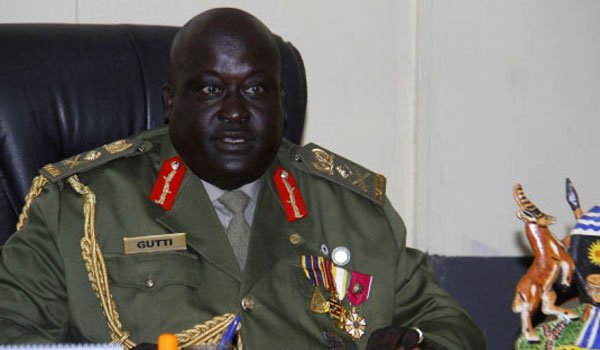Uganda’s military courts are again in the national spotlight following the passage of the UPDF Amendment Act 2025. As the country moves toward the 2026 general elections, the Act’s controversial revival of military trials for civilians has sparked fears about the erosion of constitutional safeguards and democratic values.
Though military courts serve legitimate functions within the Uganda Peoples’ Defence Forces (UPDF), their extended jurisdiction—particularly over civilians—raises critical questions. Can these courts uphold fair trial standards? Are they instruments of justice or political repression? This article unpacks the evolution, legal basis, and democratic implications of military courts in Uganda, and evaluates their role in the country’s political landscape.
The Uganda Peoples’ Defence Forces Act, Cap. 330, is the principal law governing military justice. It establishes three tiers of military courts:
- Unit Court Martial
- Division Court Martial
- General Court Martial (GCM)
These courts are constitutionally grounded in Article 129(1)(d) of Uganda’s Constitution, which allows for court martial establishments. However, the Constitution is silent on military jurisdiction over civilians—a gap that has fueled legal contention.
Military courts were initially created to discipline armed forces personnel—handling offences such as desertion, insubordination, and misuse of military resources. But over time, their jurisdiction expanded, especially during insurgencies in the 1990s and 2000s.
Civilians suspected of terrorism, illegal possession of firearms, or treason were increasingly tried by military tribunals. The rationale? National security. The reality? A weakening of civilian judicial safeguards and an emboldening of state power over dissent.
The Kabaziguruka Ruling: A Constitutional Milestone
In the landmark 2021 case of Kabaziguruka v. Attorney General, the Supreme Court struck down Section 117 of the UPDF Act, which had allowed civilians to be prosecuted in military courts. The Court found it unconstitutional, emphasizing that military courts are not independent or impartial forums for civilians, as required under Article 28 (right to a fair hearing).
This ruling was celebrated as a victory for the rule of law and separation of powers. The Court instructed Parliament to align the law with the Constitution. Unfortunately, the 2025 UPDF Amendment Act seems to have taken a detour.
The new law introduces important reforms, including:
- Clarified appellate procedures (up to the Supreme Court)
- Defined qualifications for court martial judges
- Establishment of a Military Courts Department
- Safeguards against immediate death penalty execution
But it also reintroduces Section 117A, authorizing civilian trials under “exceptional circumstances.” This move effectively reinstates what the Supreme Court deemed unconstitutional—prompting allegations of judicial contempt.
Uganda at a Democratic Crossroads
Military courts are indispensable for internal military discipline—but their encroachment into civilian justice undermines Uganda’s democratic framework. The UPDF Amendment Act 2025, while progressive in some aspects, raises serious red flags by reviving unconstitutional practices.
As Uganda approaches the 2026 elections, the country faces a crucial test: Will it adhere to constitutionalism and civilian oversight, or allow military courts to become tools of political control? The answer will shape the nation’s democratic trajectory for years to come.


